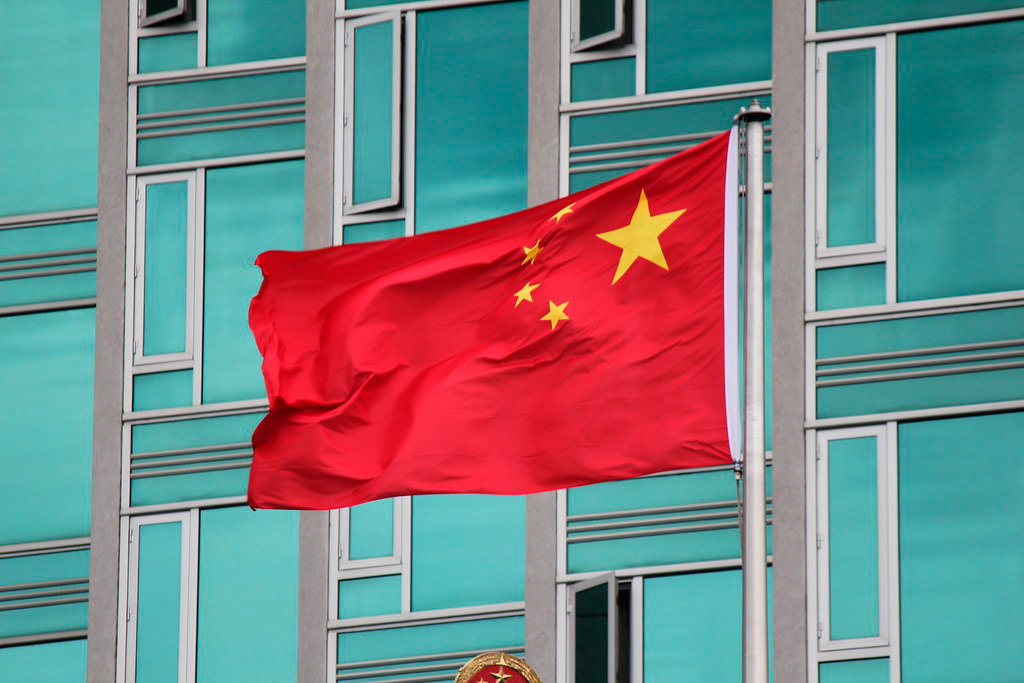Despite China asserting time and again that Africa has benefitted from Beijing’s infrastructure projects under the Belt and Road Initiative (BRI), the adverse impacts of them are seen on the country’s environment as well as the economy, Capital News, a Kenya-based media company reported.
While these projects, bring development to these developing nations of Africa, little is known of the conditions set out in the loans signed in the financing agreements, putting pressure on the economy of these less-developed nations.
Whereas, infrastructural developments end up affecting the environment and ecosystems.
These significant investments made by Beijing are a way in which China has quickly established a critical footprint throughout the country.
More often than not, according to China, African countries have benefited greatly from infrastructure projects funded by the Belt and Road Initiative (BRI). At the start of 2021, 140 countries had signed over 200 BRI cooperation agreements, which served as frameworks for Chinese enterprises to build infrastructure projects such as ports, railways, power plants, and telecommunication networks with low-interest Chinese loans to host countries, Capital News reported.
According to the Kenya-based media company, Capital News, a significant Chinese-led infrastructure project that will eventually be developed along the Western African coast in order to facilitate tourist access to the treasures of the Red Sea and Atlantic Ocean was recently completed, connecting the capital city of Djibouti to Addis Ababa via rail.
Beijing is claimed to be responsible for about 70 per cent of Djibouti’s total domestic product in debt, as well as the largest port in Africa, a railway to Ethiopia, and the nation’s first overseas naval facility.
China now has substantial infrastructure assets in the BRI project, and there is little doubt that the government is contemplating a variety of choices, but it also enters into foreign cooperation agreements for its own gain.
The future of Lac Assal, Africa’s lowest point (155 metres below sea level) will undoubtedly involve commerce, whether through greater tourism or salt mining.
Along with the new industrial complex, there are plans to build a visitor centre and wellness resorts similar to those found on the Dead Sea shoreline in Israel and Jordan, which may impact the environment and ecosystems. There have also been reports that the exploitation of the salt from the lake was uncontrolled, Kenya-based Capital News reported.
Without a doubt, human activities such as urbanization, industrialization, population expansion, deforestation, etc. are the leading causes of environmental degradation.
Several projects led by China in underdeveloped nations have received widespread condemnation from local communities in Africa as they have accused the country of using its BRI project to destroy ecological ecosystems in their desire of extracting oil, coal, metals, and timber.
The demand to put the Chinese projects to a halt which was deteriorating the fragile regions of the continent is also raised by the communities.

